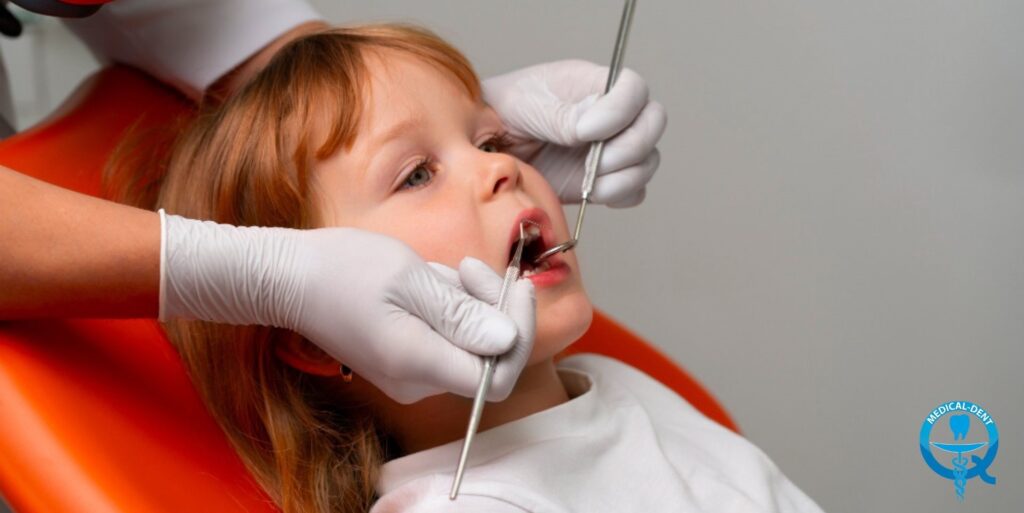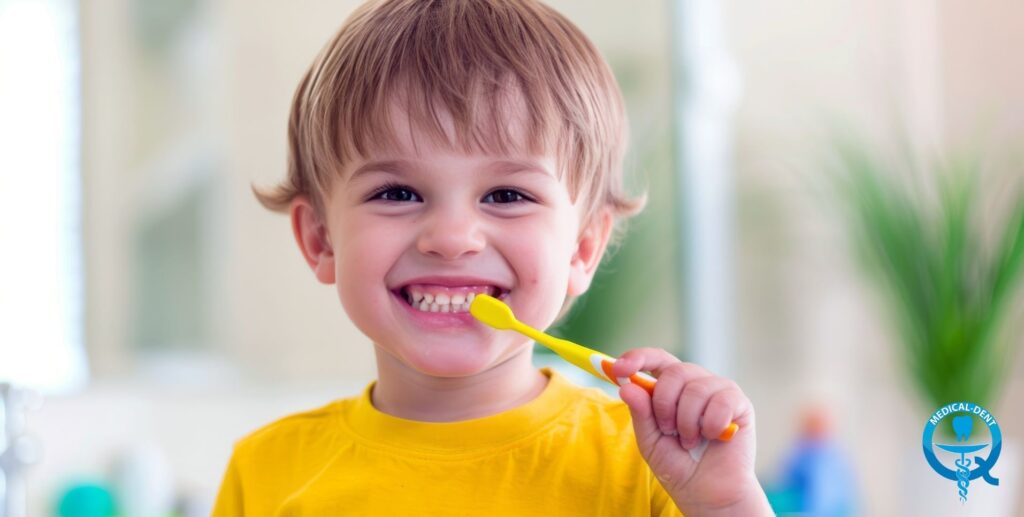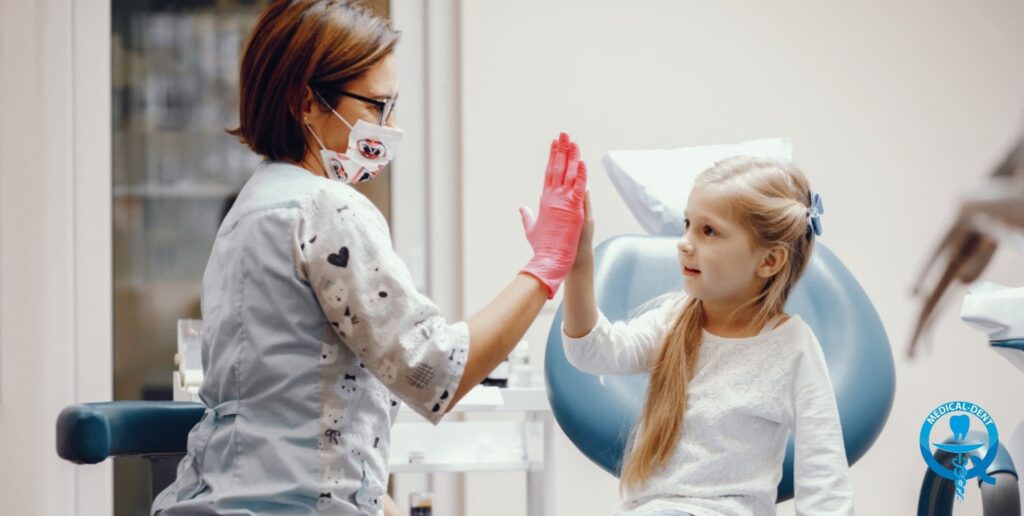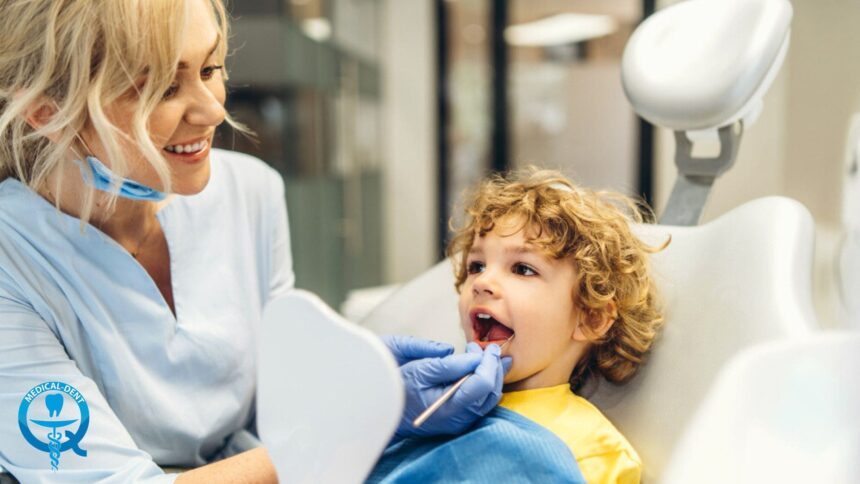If you are a parent, you certainly want your child to have the best care - including dental care. That's why more and more families are opting for a proven specialist such as a Polish dentist for children in the UK. Why is this so important? And how do you take care of your little one's teeth while living outside Poland?
Why is it worth having a dentist on site?
There is still a perception that dental treatment in Poland is sometimes cheaper, but what if your child starts complaining of a toothache in the middle of the week? Remote treatment is not an option, especially for the youngest. A Polish dentist for children in the UK gives you access to on-site help - without the stress of flights, seeking emergency care or translating symptoms in English.
Often this can also prove to be a cheaper option. This was the case for one of our patients. Treatment in Poland was nearly £4,000 more expensive than in the UK. If you want to find out more we recommend our article "A dental treatment plan, i.e. a cost estimate for your teeth".
Hence, a much better option is to find a specialist locally and, importantly, to visit the dental surgery even before the pain occurs. In this way, the child will get to know his/her dentist and will become accustomed to the surgery, which will certainly reduce his/her stress if treatment is necessary. And this will also be started earlier, because the doctor will be able to check the condition of the child's mouth during a routine check-up.
So when is the best time to go for a first appointment? The best time is during the first year of life or shortly after the first teeth appear. You can read more about the adaptation visit in our article " Your child's first visit to the dentist in the UK."

Polish dentist for children - how much and what treatments are performed on children?
In addition to routine check-ups, which should take place every six months and, in the case of children who are prone to caries or wear braces, every three to four months, it is worth taking care of preventive treatments. Among these, varnishing and fluoridation are the most popular. You can read more about this in the article Preventive treatments for your child - or how to keep your little one's teeth healthy".
Why is this so important? Because deciduous teeth have a huge impact on not only oral health, but also on a child's future dentition and possible malocclusion. They are also less mineralised and therefore more susceptible to decay. Therefore, caring for milk teeth is extremely important and their extraction should be the last resort.
You can read more about the treatment of deciduous teeth in our article with a similar title "Treatment of deciduous teeth - does it make sense?".

Prevention at home - the key to healthy teeth
Visits to the dentist are only part of looking after your oral health. Equally important is daily prevention at home. It is advisable to develop healthy habits in your child from an early age: How can this be done?
- Make sure your toddler brushes his teeth at least twice a day with a fluoride toothpaste suitable for his age.
- Assist your child in brushing if he or she is unable to do it independently and thoroughly.
- Limit sugary snacks and drinks - not just sweets, but also juices or flavoured yoghurts.
- Don't give milk or juices to fall asleep - night feedings promote tooth decay.
- Encourage your child to drink water - it is the healthiest drink for teeth.
- Avoid licking the dummy or spoon - caries bacteria can be transmitted from the parent.
Remember: good habits start at home. And regular visits to the dentist allow you to consolidate them and correct any mistakes in time.

Polish dentist for children - take care of your child's healthy smile locally
A Polish dentist for children in the UK is ideal if you want care to be professional and contact to be easy and natural.
Make your first appointment visit - Even if it's just a check-up. This will ensure that your child has a positive experience right from the start, and you will be reassured that their teeth are in good hands.

